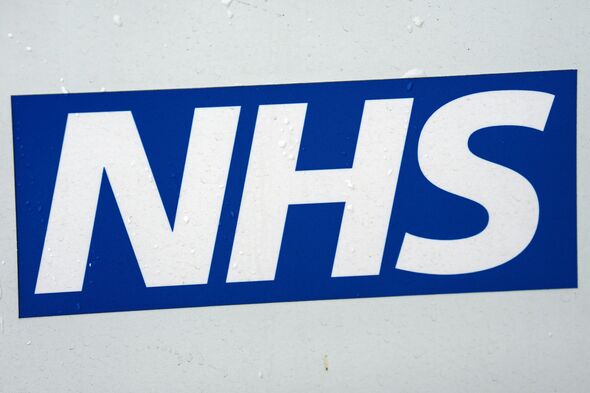
Doctors are threatening mass resignations if curbs are put on their pension perks.
The Chancellor is rumoured to be considering reducing the tax relief paid on pension contributions and cutting the tax-free lump sum that workers can take from their pension pots on retirement.
The changes could mean that high earners, such as doctors, could see the tax relief on their contributions reduced from 40 percent to 30 percent under a new flat rate system for all workers.
This would harm high earners but boost tax relief for everyone else who would see the tax relief they receive on pension pot contributions from 20 percent to 30 percent.
Separately, the Chancellor is rumoured to planning to bring down the maximum tax-free lump sum that can be taken from a pension pot from the current figure of £268,275 to £100,000.
However, the British Medical Association (BMA) has threatened disastrous consequences saying its members would be left with “little option” but to reduce their workload or retire immediately if the “wrong changes” were made.
And it warned that such a staff exodus would “completely derail” the Government’s attempts to bring down record waiting lists.
The powerful union made four demands, including increasing the amount doctors can stash away in their pensions tax-free.
It also warned the Chancellor to make the NHS exempt from any increases to National Insurance or face the closures of more GP surgeries.
In a letter to the Chancellor, BMA pensions committee chairman Dr Vishal Sharma said: “After many years of doctors being left with little option but to take action, such as reducing their workload or leaving the NHS entirely, to mitigate the disproportionate impact of pension tax policy, the last thing that the NHS needs is further detrimental changes.”
Dr Sharma also demanded that the Chancellor make changes to the annual allowance and taper rate, which would allow doctors to save more money for retirement tax-free.
Tom Selby, Director of Public Policy at AJ Bell, said: “Rumour and speculation about possible changes to pensions taxation are deeply damaging to trust in retirement saving.
“Furthermore, it is now clear any move to attack either of the key pensions tax perks will risk causing further disruption to the NHS, months after the government settled long-running pay disputes with staff.
“Uncertainty over what will happen to pensions tax incentives is already having real-world consequences, with increases in both contributions and the number of people accessing their retirement pots reported across the pension industry. Making long-term financial decisions based on fears about what may happen at the Budget is clearly far from ideal, and those who do this risk ending up worse off in the long run.
He added: “The government has an opportunity at this Budget to end this constant uncertainty by making a firm commitment to delivering stability in the pensions tax system, rather than pursuing ill-advised reforms that would be complex, unpopular and potentially result in another round of public sector strike action.”
Graham Crossley, NHS pension specialist at Quilter, said: “The BMA has highlighted things that would be a problem to the workforce. You don’t want to motivate these people to retire if you want to reduce your waiting lists.”
Doctors received an inflation-busting pay rise of 6 percent this year, with junior doctors have been awarded 22 percent over two years.
A Treasury spokesman said: “We do not comment on speculation around tax changes outside of fiscal events.”


















